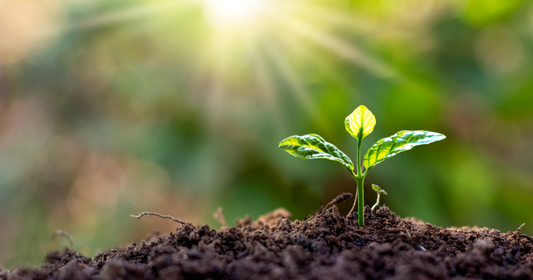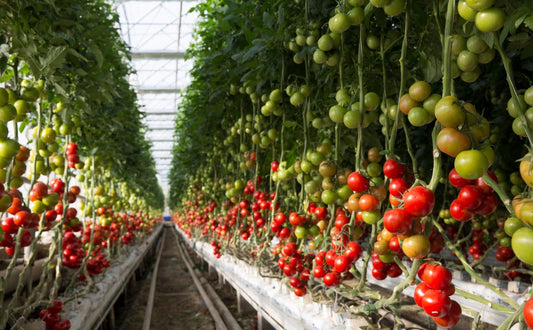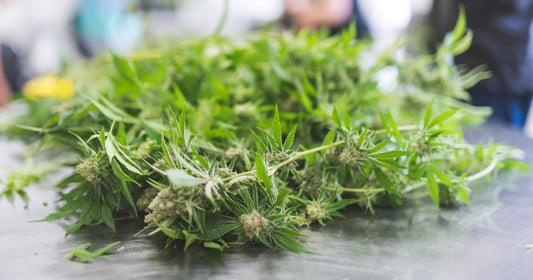News
Sidebar
Categories
Haney Test Uses CO2 Sensor to Measure Soil Health
Benefits of CO2 for Plants
PlantCO2 Brings Turn-key CO2 Solutions to Cultivators
Indoor Agriculture Grow Facility and CO2Meter Solutions
CO2 Calculator for Grow Room or Indoor Greenhouse
Stay Informed with Our Latest Updates
Subscribe to our newsletter for the latest news, product updates, and industry insights.
Still need Help? Talk to an Expert.
We'll be happy to help you find the right product!
Call us at 877.678.4259.
Still need Help? Talk to an Expert.
We'll be happy to help you find the right product!
Call us at 877.678.4259.
Still need Help? Talk to an Expert.
We'll be happy to help you find the right product!
Call us at 877.678.4259.
Still need Help? Talk to an Expert.
We'll be happy to help you find the right product!
Call us at 877.678.4259.
Still need Help? Talk to an Expert.
We'll be happy to help you find the right product!
Call us at 877.678.4259.
Still need Help? Talk to an Expert.
We'll be happy to help you find the right product!
Call us at 877.678.4259.
Still need Help? Talk to an Expert.
We'll be happy to help you find the right product!
Call us at 877.678.4259.
Still need Help? Talk to an Expert.
We'll be happy to help you find the right product!
Call us at 877.678.4259.
Still need Help? Talk to an Expert.
We'll be happy to help you find the right product!
Call us at 877.678.4259.
Still need Help? Talk to an Expert.
We'll be happy to help you find the right product!
Call us at 877.678.4259.
Still need Help? Talk to an Expert.
We'll be happy to help you find the right product!
Call us at 877.678.4259.
Still need Help? Talk to an Expert.
We'll be happy to help you find the right product!
Call us at 877.678.4259.
Still need Help? Talk to an Expert.
We'll be happy to help you find the right product!
Call us at 877.678.4259.
Still need Help? Talk to an Expert.
We'll be happy to help you find the right product!
Call us at 877.678.4259.
Still need Help? Talk to an Expert.
We'll be happy to help you find the right product!
Call us at 877.678.4259.
Still need Help? Talk to an Expert.
We'll be happy to help you find the right product!
Call us at 877.678.4259.
Still need Help? Talk to an Expert.
We'll be happy to help you find the right product!
Call us at 877.678.4259.
Still need Help? Talk to an Expert.
We'll be happy to help you find the right product!
Call us at 877.678.4259.
Still need Help? Talk to an Expert.
We'll be happy to help you find the right product!
Call us at 877.678.4259.
Still need Help? Talk to an Expert.
We'll be happy to help you find the right product!
Call us at 877.678.4259.
Still need Help? Talk to an Expert.
We'll be happy to help you find the right product!
Call us at 877.678.4259.
Still need Help? Talk to an Expert.
We'll be happy to help you find the right product!
Call us at 877.678.4259.
Still need Help? Talk to an Expert.
We'll be happy to help you find the right product!
Call us at 877.678.4259.
Still need Help? Talk to an Expert.
We'll be happy to help you find the right product!
Call us at 877.678.4259.
Still need Help? Talk to an Expert.
We'll be happy to help you find the right product!
Call us at 877.678.4259.





